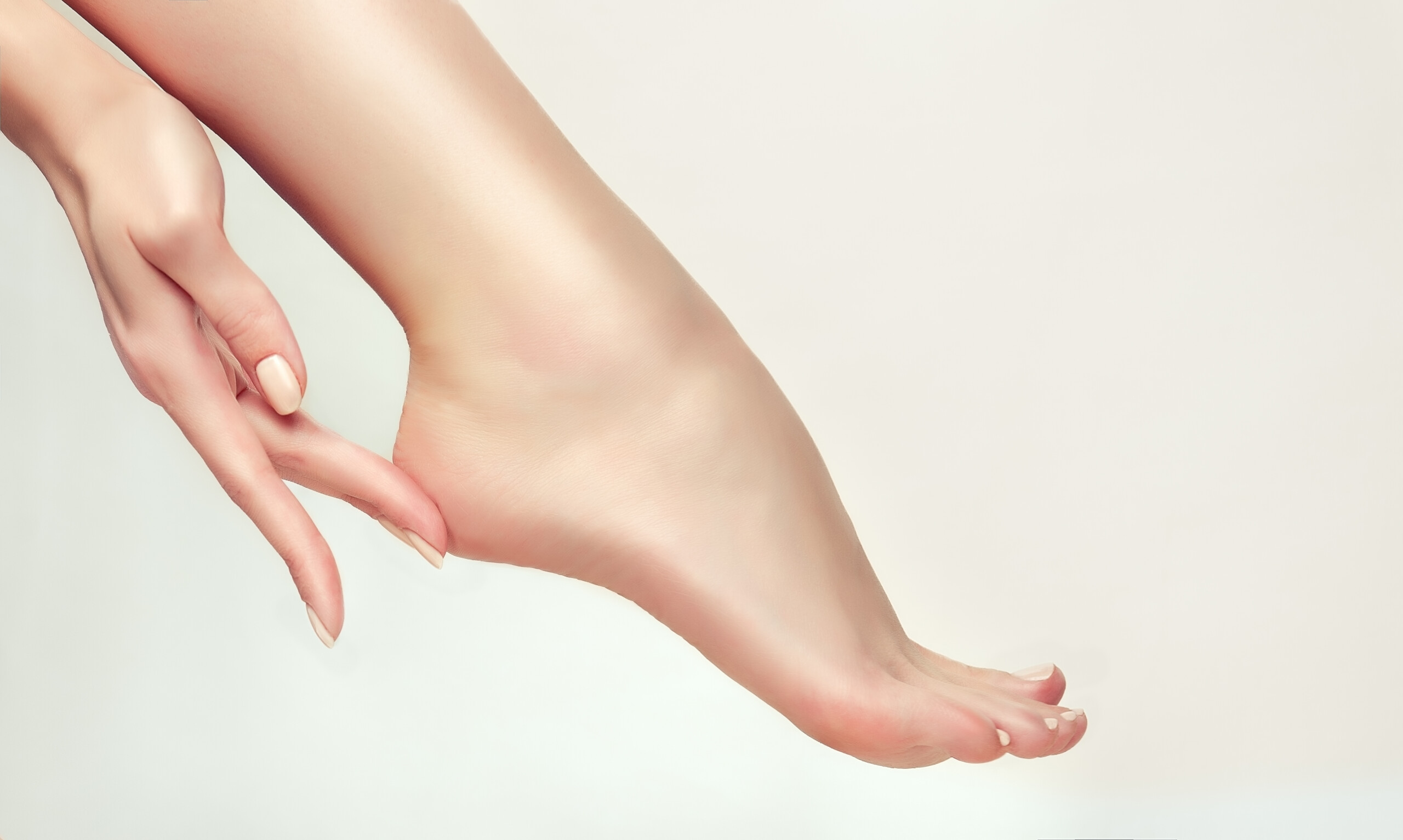Targeted Dermatology Treatments for Hyperhydrosis of Hands and Feet: Reliable Solutions
Targeted Dermatology Treatments for Hyperhydrosis of Hands and Feet: Reliable Solutions
Blog Article
Recognizing the Source of Excessive Sweating and Its Effect On Life
Extreme sweating, additionally called hyperhidrosis, is a problem that affects a considerable part of the populace, yet its hidden reasons and implications on daily working stay rather enigmatic. While it is typically recognized as a physical response to regulate body temperature, the triggers for excessive sweating can vary commonly among individuals, including not only physical factors yet emotional and additionally psychological components. In addition, the influence of this problem extends beyond mere pain, frequently influencing social interactions and overall quality of life. By diving into the source of hyperhidrosis and exploring its multifaceted effects, a much deeper understanding of this prevalent problem can be acquired, shedding light on the complexities that people facing extreme sweating browse every day.
Physiology of Sweat Glands
The policy of sweat manufacturing, an essential physical procedure, is mainly managed by the task of sweat glands distributed across the human body. Sweat glands are classified right into two primary kinds: eccrine and apocrine glands.
When the body temperature level rises, either because of physical task, heats, or emotional stress and anxiety, the nerve system causes the sweat glands to produce sweat. This sweat is composed mostly of water and electrolytes like salt and chloride. The process of sweat production is crucial for preserving the body's inner temperature within a narrow, optimal variety, highlighting the important duty sweat glands play in human physiology.
Triggers for Excessive Sweating
In comprehending the source of too much sweating, it is essential to determine the triggers that can bring about this physical feedback. Too much sweating, additionally referred to as hyperhidrosis, can be prompted by various factors, both physiological and environmental. One common trigger is emotional stress or anxiety, which can stimulate the body's sweat glands to generate even more sweat than is essential for cooling down. Physical effort, heats, and spicy foods are additionally understood to activate extreme sweating in individuals prone to this problem. Particular clinical conditions like menopause, hyperthyroidism, or diabetes can add to excessive sweating as well.
In addition, medicines such as some antidepressants, opioids, and certain supplements can likewise serve as triggers for hyperhidrosis. Recognizing these triggers is necessary in managing too much sweating efficiently - Exessive Sweating. By recognizing and dealing with the specific triggers that trigger excessive sweating in a private, medical care carriers can develop tailored treatment plans to relieve this condition and enhance the individual's lifestyle
Medical Issue Associated
Connected with excessive sweating are different clinical conditions that can aggravate this physiological action. One typical condition is hyperhidrosis, a condition identified by abnormally enhanced sweating that goes beyond the body's thermoregulatory demands. This can manifest in focal areas like the hands, soles, underarms, or face, influencing an individual's lifestyle due to social humiliation and pain.
Additionally, endocrine conditions such as hyperthyroidism, diabetes, and menopausal warm flashes can likewise lead to extreme sweating. Hyperthyroidism causes an overflow of thyroid hormones, accelerating metabolic rate and activating sweating.
Additionally, infections like endocarditis, hiv, and tuberculosis have actually been associated with evening sweats, a typical sign recognized to interrupt sleep and influence general well-being. These clinical conditions highlight the varied variety of underlying variables that can add to excessive sweating, requiring comprehensive analysis and administration by healthcare experts.
Emotional and Emotional Variables

Impact on Social Interactions
Too much sweating can have profound impacts on a person's ability to involve comfortably in social communications. The noticeable signs of sweat spots or damp patches on garments can lead to humiliation and self-consciousness, creating people to withdraw from social circumstances. This withdrawal can affect partnerships, limit social activities, and prevent expert and individual development.

Furthermore, the stress and anxiety and self-confidence concerns originating from excessive sweating can affect communication and social abilities. People might battle to concentrate on discussions, get involved in team tasks, or share themselves with confidence. This can bring about sensations of seclusion and isolation, as social links end up being testing to maintain.
Final Thought

While it is commonly recognized as a physiological feedback to regulate body temperature level, the triggers for too much sweating can vary widely amongst people, including not only physical variables however likewise psychological and emotional components. By diving into the origin triggers of hyperhidrosis and exploring its diverse effects, a much deeper understanding of this pervasive issue can be gotten, losing light on the intricacies that individuals grappling with excessive sweating navigate on a day-to-day basis.
Physical exertion, high temperatures, and spicy foods are additionally understood to trigger extreme sweating in individuals susceptible to this condition. By determining and resolving the particular triggers that motivate extreme sweating in an individual, health care companies can develop individualized treatment plans to ease Treatment for hyperhydrosis of hands this condition and boost the individual's high quality of life.
Too much sweating can have profound results on an individual's capability to involve comfortably in social communications.
Report this page